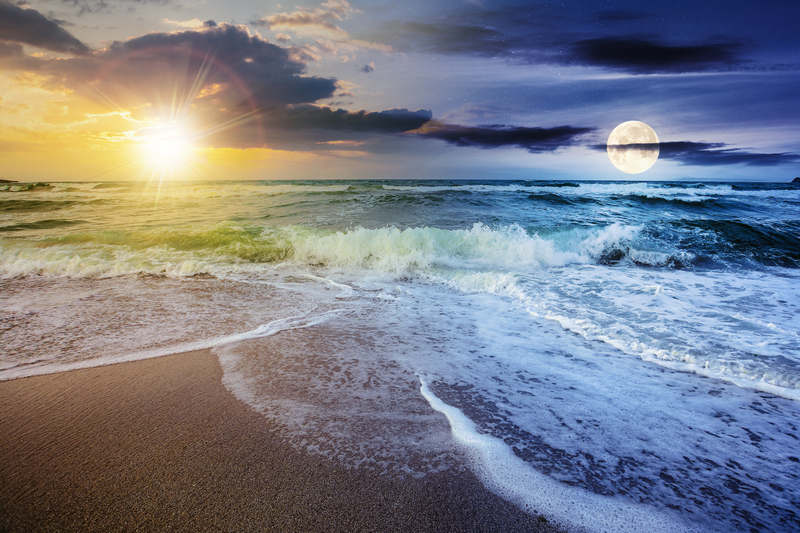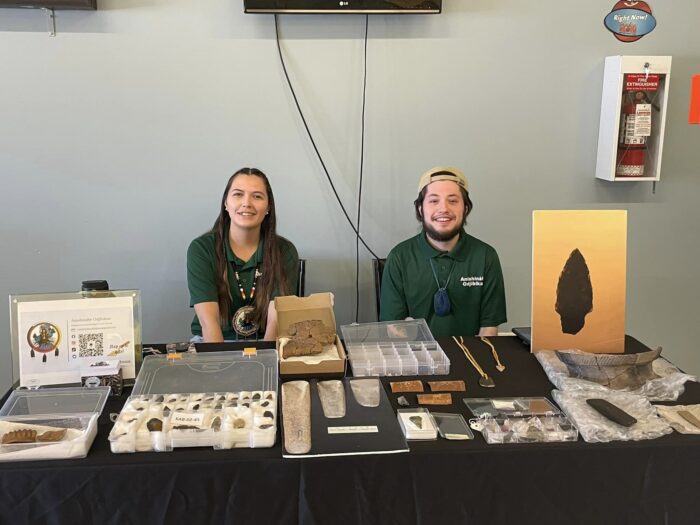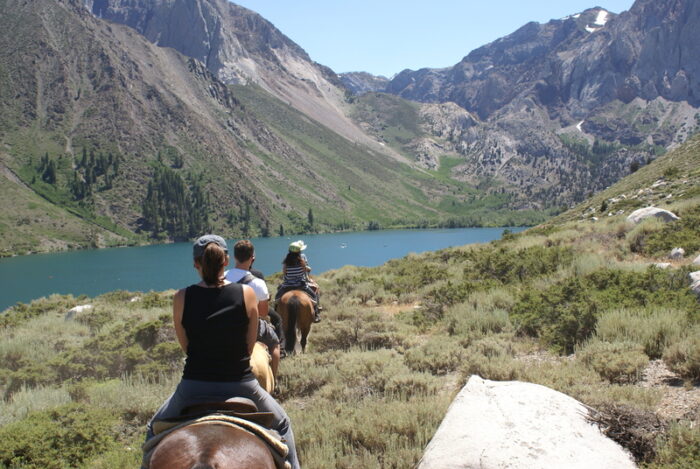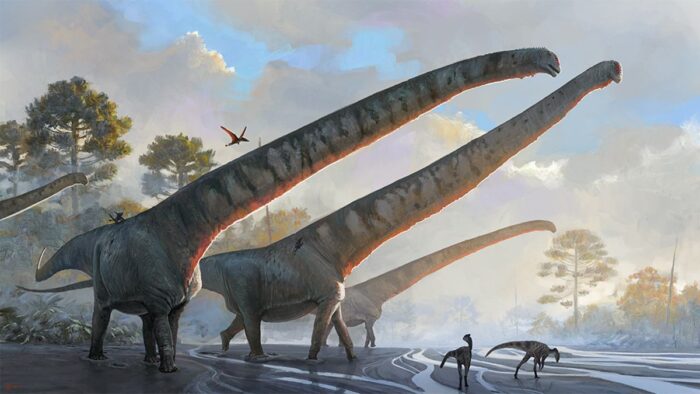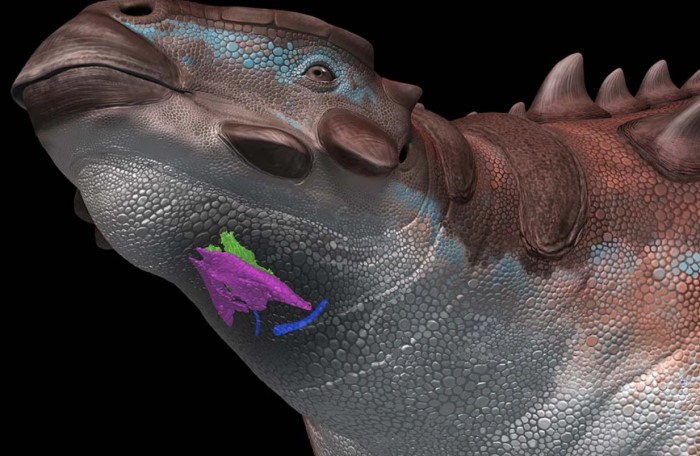Right now is a historical moment for both Canada and the United States. Protest and activist movements are forcing people to recognize the changes needed to address the centuries of racism and injustice against Black people. It is a long and important conversation—and it is one that we know both young people and their parents are having.
In the coming weeks, we'll be adding to this conversation. We will be looking at historical events and movements, interviewing experts and activists, and reaching out to you, our awesome readers, so that you can let us know how you feel. We look forward to your feedback and thank you for joining us.
What is Juneteenth?
A Juneteenth parade in Philadelphia in 2019. (Getty Embed)
On June 19, Black people across the United States will spend the day commemorating their freedom from enslavement. It is often a time of rememberance, reflection, readings, parades, song, food, and family. And, especially now, it is a time full of determination to improve the future.
This day has been known by a few different names—Freedom Day, Jubilee Day, Emancipation Day—but its most common name is Juneteenth. This is a word blend (or portmanteau) of 'June Nineteenth'.
The story behind choosing this day for this celebration—instead of some other possibilities—says a lot about how difficult it was to end slavery in the 1860s. It also says something about why—over 150 years later—protests are still occurring to win freedoms for Black people across North America.
Why June 19?
President Abraham Lincoln's Empancipation Proclamation wasn't the full end of slavery that it is remembered as. (Getty Embed)
On September 22, 1862, President Abraham Lincoln issued the Emancipation Proclamation, a bill which became official on January 1, 1863. It declared that all enslaved Black people in the Confederate States of America (CSA) were now free. Today, the Emancipation Proclamation is often thought of as the end of slavery in America. But the truth is far more complex.
First, this bill was passed right in the middle of the American Civil War—fought between the Lincoln-led northern Union and the southern Confederacy. No southern state was interested in following a law written by their enemy's commander-in-chief.
Even more curiously, the Empancipation Proclamation did not include slave-holding territorities outside the Confederacy. This means that a complete ban on slavery across the United States would have to wait until after the end of the war. That moment came when the Thirteenth Amendment (which was first written in 1864) officially banned slavery across the nation on December 18, 1865.
That's a long journey with a lot of dates. So how did June 19 become the day?
Sending the message
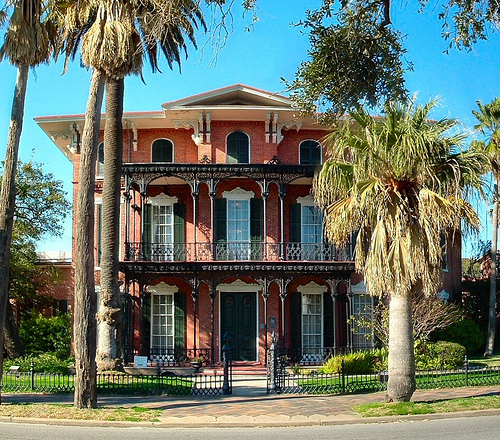
The Ashton Villa in Galveston, Texas. This is where Maj. General Granger read 'General Order No.3' on June 19, 1865. (Wikimiedia Commons)
In the mid-1800s, word traveled slowly compared to today. Even though the Confederacy surrendered on April 9, 1865, many remote regions were slow to hear—or accept—the news. At the time, Texas was the farthest point west in the Confederacy.
So on June 19, 1865, Union Major General Gordon Granger and 2,000 Union troops arrived in Galveston, Texas to deliver the message of the end of slavery personally. Standing on the balcony of the Ashton Villa building, he read aloud these words from 'General Order No.3':
The people of Texas are informed that, in accordance with a proclamation from the Executive of the United States, all slaves are free.
Finally, on this day, the message that slavery was banned and illegal had been sent fully across the land.
Segregation arrives
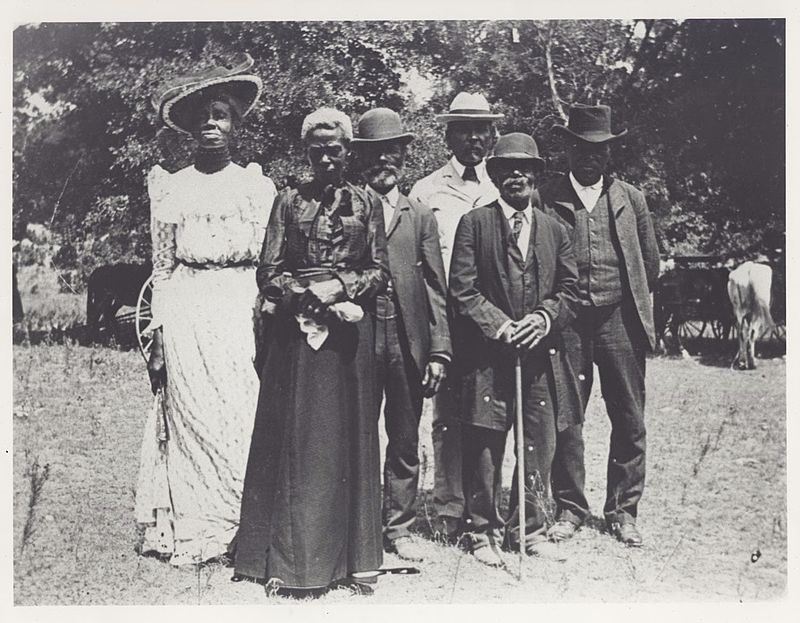
A Juneteenth celebration in Texas in 1900. (Mrs. Charles Stephenson/Wikimiedia Commons)
As soon as the following year, 1866, Blacks in Texas were celebrating June 19 as Jubilee Day, their day of freedom. But this freedom would soon come under new attacks.
During the late 1800s and early 1900s, a new style of law—called Jim Crow laws—swept across the South. These laws enforced something called segregation there. This meant that Black people could not use the same facilities—from washrooms and restaurants to school and buses—as white people. They were segregated—or isolated—from the rest of society.
These laws and other forces halted the spread and acceptance of Juneteenth as a holiday.
The struggle continues
Over 150 years after Lincoln's laws were passed, protests against anti-Black racism continue. (Getty Embed)
Even though segregation was officially ended in 1964 and Juneteenth's popularity began to grow again, it is still not recognized as a national American holiday. As recently as the year 2000, only four states had made it official. Today, despite national campaigns, three states (Hawaii, and North and South Dakota) still don't recognize it.
In a way, the struggle to have this day accepted by the whole country is reflective of the fight against anti-Black racism in general. Activist groups like Black Lives Matter (which started in 2013) have been formed because of how much work is still left to be done to dismantle racism against Black people in North American society.
Please join us next week as we continue this series.
We want to hear from YOU! Do you have a question on this topic that you'd like answered? Do you have a message of hope or support that you'd like to express? Write us at owl@owlkids.com with the subject 'Speak Up!' and join the conversation of change.
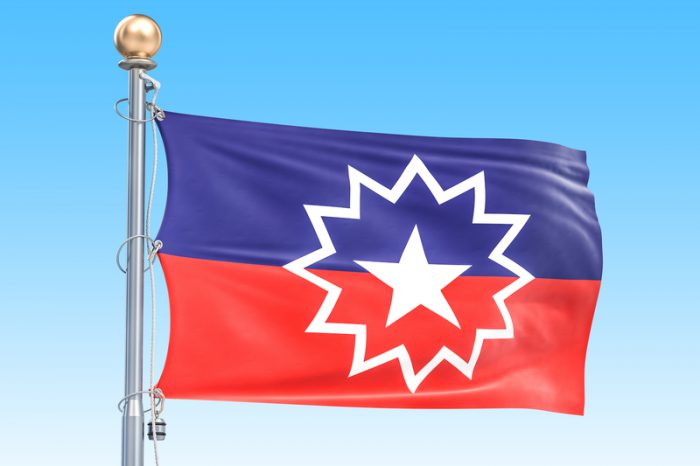 The official Juneteenth holiday flag has a star in the centre to recognize the holiday's birth in Texas. (© Alexlmx - Dreamstime.com)
The official Juneteenth holiday flag has a star in the centre to recognize the holiday's birth in Texas. (© Alexlmx - Dreamstime.com)




